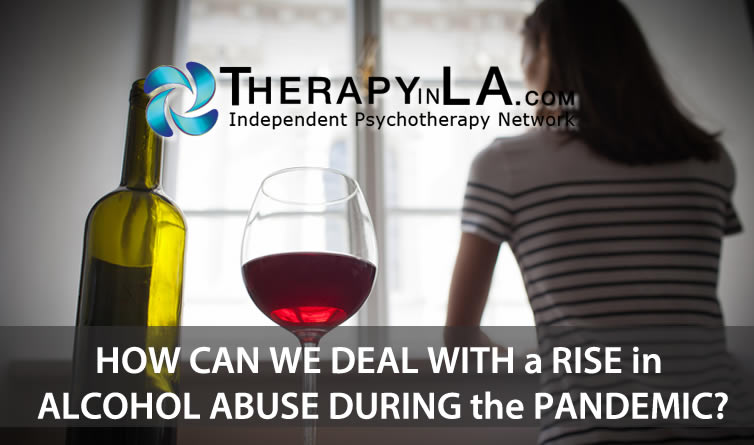HOW CAN WE DEAL WITH a RISE in ALCOHOL ABUSE DURING the PANDEMIC?
HOW CAN WE DEAL WITH a RISE in ALCOHOL ABUSE DURING the PANDEMIC?
Many anxious, isolated, depressed people during this past 18 months of pandemic living have been drinking more. Latest estimates are that more than 17 million Americans struggle with alcoholism, and often don’t receive any treatment for it even if they reveal it to a health care professional (https://www.nytimes.com/2021/07/12/well/live/alcohol-abuse-drinking-treatment.html).
A survey conducted nationwide and revealed in June 2021 from the Washington University School of Medicine in St. Louis, indicated that about 80% of people who meet the criteria for alcohol use disorder (alcoholism) had sought out care for a variety of reasons, at a doctor’s office, hospital, or clinic in the previous year. About 70% of these patients were asked about their intake of alcohol. But, only one in 10 were encouraged to reduce their alcohol intake. And, only 6% of these people received any treatment at all.
Research has found that among people who try to quit drinking when they are alcoholic, only 25% are successful in reducing their intake long-term. Self-help programs, like Alcoholic Anonymous or SMART Recovery, also have high relapse rates, even if sobriety is established.
Physicians rarely prescribe medications that can be of help. Acamprosate can reduce the cravings for alcohol. Disulfiram causes an intense response of severe discomfort if someone does drink while taking this medication (known as Antabuse). Many doctors are not trained to deal with addiction, nor informed about such medications. A recent NIH study found that only 1.6% of the people with alcohol issues had been prescribed such medication.
The tragedy of this situation, worsened by the pandemic, is that alcohol abuse is one of the most common forms of substance abuse; it is a leading cause of preventable deaths and disease, killing about 100,000 Americans each year, often with complications like car accidents, cancer, liver disease, cardiac disease. It causes workplace accidents and a loss of workplace productivity, and is the source of much family conflict and suffering. Many people with alcohol problems will acknowledge the difficulties if asked or confronted, but then minimize and avoid treatment.
In addition to traditional 12 step programs like AA or SMART Recovery some options Include:
- Ria Health, a telehealth program with medical consultations, coaching, medication to reduce alcohol intake or abstain. Cost is far less than most rehab programs and health insurance may apply.
- Rethinking Drinking is a website from the National Institute on Alcohol Abuse and Alcoholism which lists doctors, therapists, support groups, and other resources to get help.
- Cutback Coach is an app that will track alcohol intake, set goals, and provide reminders aimed towards a healthier use of alcohol.
- Moderation Management is an online forum for reducing alcohol intake. Meetings are online and in-person.
- CheckUp and Choices is an online program that screens for alcohol use disorder. It provides feedback and suggestions for reducing intake of alcohol.
Few people can get sober and stay sober, or maintain more moderate drinking for any significant period of time without substantial support. Many people try moderate drinking and fail repeatedly until they reach the conclusion that abstinence is the only genuine path forward. IPN therapists are skilled at helping people deal with these issues, and then the more underlying sources of difficulty that prompt problem drinking.
Dr. Alan M. Solomon is a clinical psychologist in private practice in Torrance, CA. A member of the Independent Psychotherapy Network, he can be reached at 310 539-2772 or dralanms@gmail.com. Telehealth or in-person sessions are available.
Copyright 2021 by Alan M. Solomon, Ph.D.

